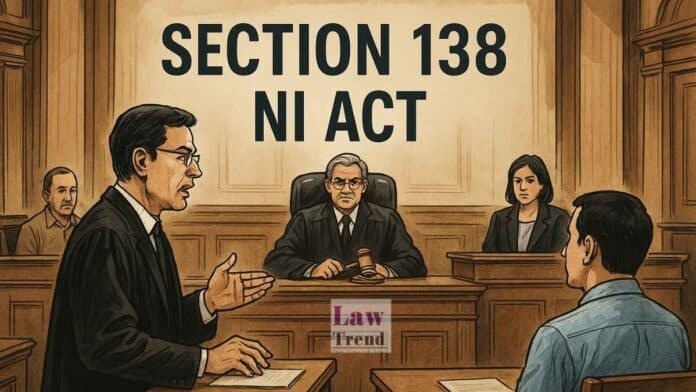The High Court of Delhi, in an order dated November 6, 2025, has affirmed the legal position that a complainant in a Section 138 Negotiable Instruments (NI) Act case qualifies as a “victim” under the Code of Criminal Procedure (Cr.P.C.). Consequently, any appeal against an order of acquittal in such a case lies before the
To Read More Please Subscribe to VIP Membership for Unlimited Access to All the Articles, Download Available Copies of Judgments/Order, Acess to Central/State Bare Acts, Advertisement Free Content, Access to More than 4000 Legal Drafts( Readymade Editable Formats of Suits, Petitions, Writs, Legal Notices, Divorce Petitions, 138 Notices, Bail Applications etc.) in Hindi and English.




